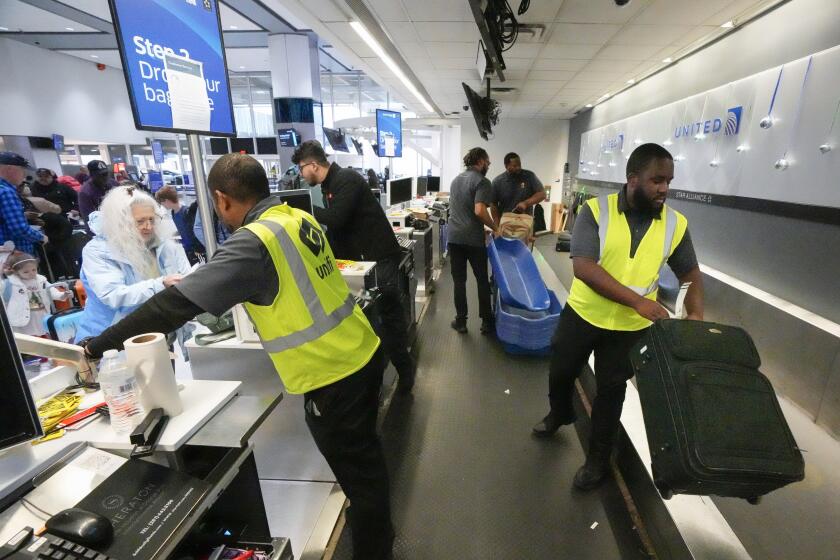New book rescues Cuba’s old-time musicians from oblivion
The history of Cuban music’s outstanding stars like Celeste Mendoza, Freddy and the jazzwoman Numidia Vaillant, rescued from oblivion on the blog “Desmemoriados” (Forgotten Ones) by researcher Rosa Marquetti, is now available in her like-named book presented this week in Havana.
Virtuoso artists, who decades ago sang, created, danced or played the most diverse rhythms and genres, from the Cuban son to the rumba to the romantic bolero to jazz, are back again in a series of 20 texts replicated from the blog in the 430 pages of “Desmemoriados. Historias de la Musica Cubana” (Forgotten Ones: Stories of Cuban Music).
Marquetti said in an interview with EFE that this book has allowed her to rise above her “obsession” with the more or less forgotten personalities of Cuban music, who in some way were affected by the diaspora that began in 1959 when the revolution took over the island.
But she also wished to “connect” with those “disconnected” Cubans who either have no access to the Internet or who, rather than go online, prefer to read the book presented by the Ojala publishing company - sponsored by singer-songwriter Silvio Rodriguez - at Cuba’s 2019 International Book Fair.
The music researcher brings back stories that motivated the biographical focus of her second book “Chano Pozo: La Vida (1915-1948),” in which she traces the career of the percussionist praised in New York for his blend of Afro-Cuban elements with US jazz.
With an elegant, alluring style, her studies encapsulate the life stories of 20 one-time celebs like percussionist Armando Peraza, the eccentric timpanist Chori, showman Dandy Crawford, the 1970s musical icon Myriam Acevedo, singers Miguelito Cuni, Moraima Secada, the temperamental La Lupe, Maggy Prior, pianist Zenaida Manfugas and the legendary jazz dancers of the Havana district of Santa Amalia.
The author describes her book as a summary of different eras from Cuba’s wide musical panorama that she began with the blog, with its “few and short” accounts on the Internet.
She said she particularly loves the story of Pilar Morales, a Cuban singer who still lives in Barcelona, where she settled in 1955 and a year later married the talented blind pianist Tete Montoliu, considered the big daddy of Spanish jazz and one of the tops in that category in Europe.
The book tells how Morales kicked off her career soon after she arrived in Spain, where she was dubbed the “Voice of the Tropics,” until her successful career withered with time.
Marquetti said she likes to speak of successes but also the disappointments that musicians sometimes face, such as the creation of the batanga rhythm by that great pianist, composer and orchestrator, Bebo Valdes (1918-2013).
The batanga is a style considered by musicians as important as the mambo, but it just never had the luck to get the commercial backing needed to become an international hit - though musically it is one of the great works by Valdes, the musicologist said.
In fact, Valdes, who left Cuba forever in 1960, was practically anonymous until 2002, when a disc he made together with other musicians was nominated for a Latin Grammy Award, and in the same year recorded the hit “Lagrimas Negras” (Black Tears) with flamenco singer Diego el Cigala, which sold 700,000 records.
One of the last chapters of “Desmemoriados” brings back the female singer Freddy, a powerful voice closely associated with the night music of the Salon Rojo cabaret of Havana’s Hotel Capri, and who for Marquetti marked a “musical landmark,” never mind her “anti-diva” 300-pound (136-kilo) figure.



